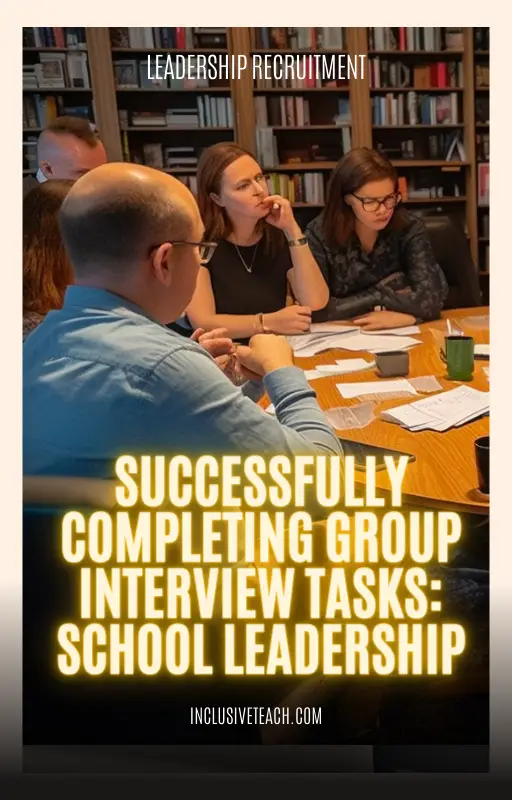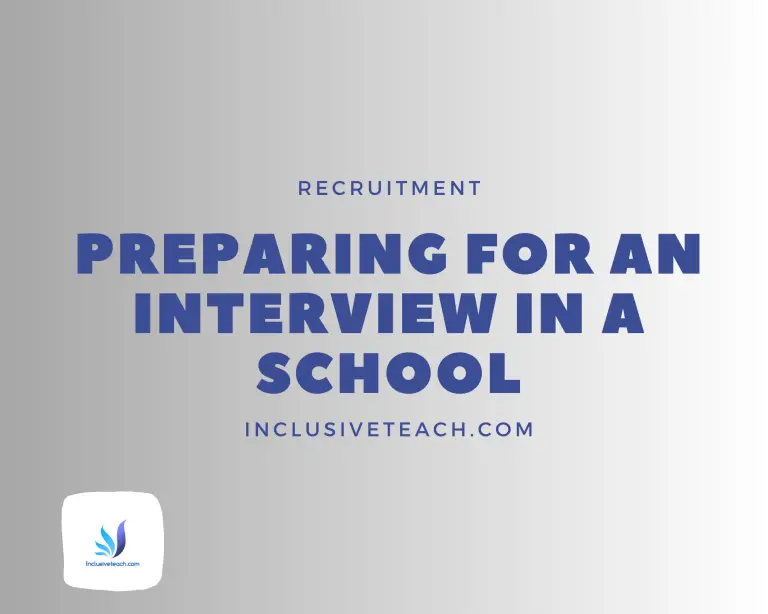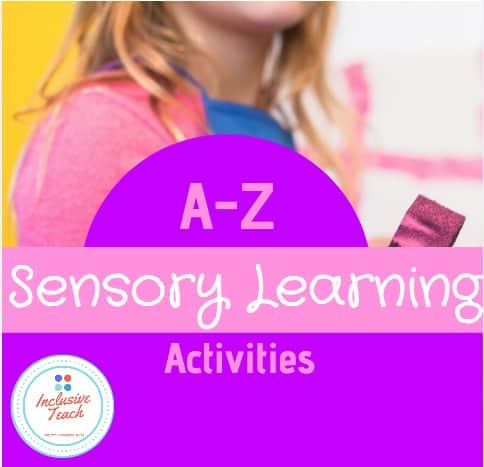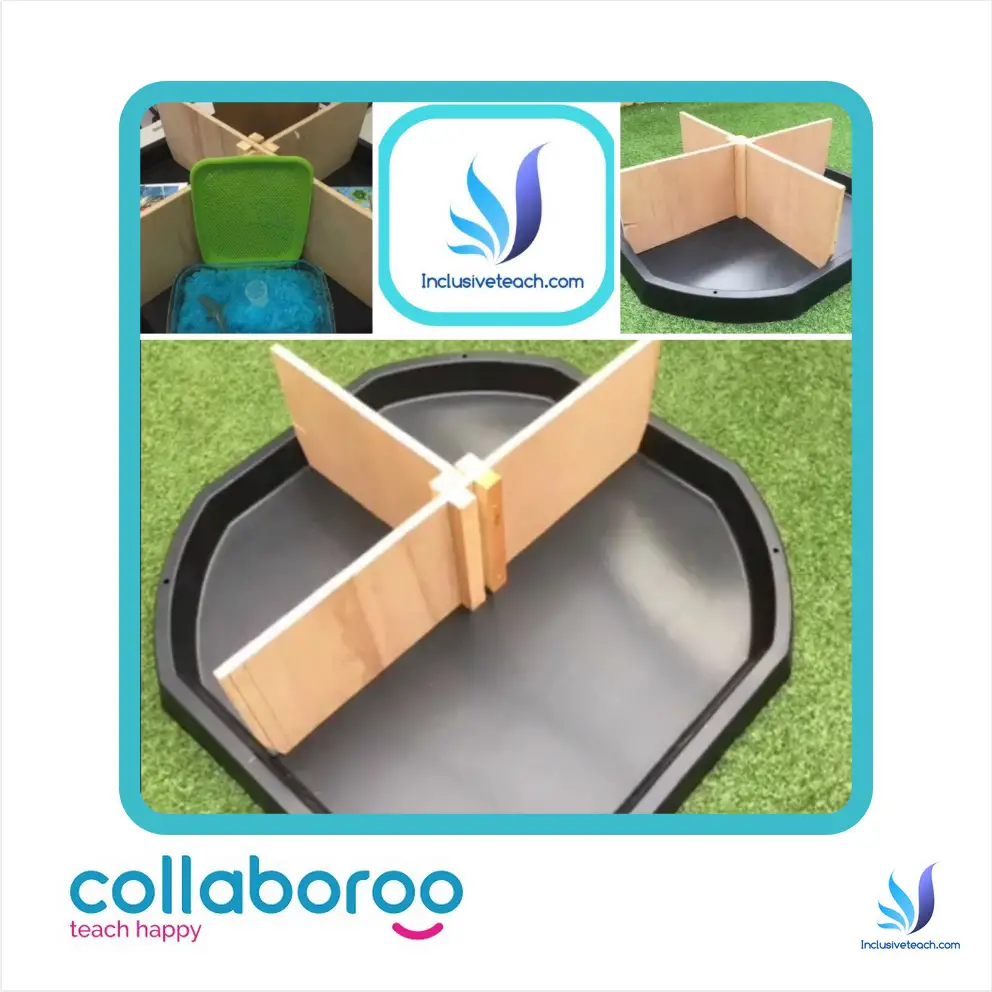Successfully Completing Group Interview Tasks: School Leadership
Group Interview Tasks
In the competitive landscape of senior leadership positions in the UK education sector, it is crucial for aspiring Headteachers and Deputy Headteachers to stand out from the crowd. One of the most challenging aspects of the interview process for these roles often involves collaborative group interview tasks. In this article, we will dive deep into the intricacies of group tasks and provide valuable tips and advice on how to excel in them.
Understanding the Purpose of Group Interview Tasks
Before diving into specific examples of group interview tasks and tips for success, it’s essential to understand their purpose. Group tasks in leadership interviews are designed to assess a candidate’s ability to:
- Collaborate with others effectively
- Demonstrate strong communication and negotiation skills
- Solve complex problems by leveraging the strengths of others
- Exhibit a high degree of emotional intelligence
- Adapt to changing circumstances and think on their feet
- Make difficult decisions and delegate responsibilities when necessary
By excelling in these areas, you will not only demonstrate your potential as a leader but also showcase your ability to work well within a team, which is critical in any senior leadership position. I have taken part in multiple assistant head group interview tasks, as well as deputy and headteacher group tasks.
Examples of Group Interview Tasks
Group Interview tasks in leadership interviews can range from simple team-building exercises to complex problem-solving scenarios. Here are three examples of tasks you may encounter in your interview and the purpose of each:
1. The School Budget Challenge task
In this task, your group must allocate a limited budget across various departments and initiatives within a hypothetical school. Your objective is to prioritise resources and make difficult decisions while keeping the best interests of the students and staff in mind.
2. The Staffing Dilemma task
Your group is presented with a challenging staffing situation, such as a sudden departure of a key staff member or an unexpected influx of students. You must work together to develop a plan to address the issue, considering the needs of the school, the available resources, and the potential impact on morale.
3. The Curriculum Overhaul Interview Task
In this scenario, your group is tasked with revamping the school’s curriculum to better align with current educational standards and the needs of your student population. You must evaluate the existing curriculum, identify areas for improvement, and propose changes or professional development that will positively impact student outcomes.
Tips for Success in Group Tasks
It is very tricky to know exactly what the interview panel are looking for during group tasks. It is likely that school leaders will be looking for someone who will fit into their existing team. Individual personalities will determine a lot about this. You can only be yourself. However demonstrating the following qualities during the group interview task will be a good start.
1. Demonstrate Active Listening During Group Interview Tasks.
Active listening is crucial in any group task. Make a conscious effort to listen carefully to what others are saying, and acknowledge their contributions by paraphrasing or summarising their points. This shows respect for your fellow candidates and fosters a collaborative atmosphere.
2. Communicate Clearly and Concisely
Ensure that your ideas and opinions are expressed clearly and concisely. This includes using appropriate language, tone, and body language. Additionally, avoid interrupting others or dominating the conversation. Strive to strike a balance between contributing valuable insights and allowing space for others to share their perspectives.
3. Build Consensus Within the Group
In group tasks, the ability to build consensus is key. Seek common ground and work towards solutions that incorporate diverse perspectives and ideas. Show a willingness to compromise and adapt your stance when necessary, demonstrating flexibility and open-mindedness.
4. Stay Focused on the Interview Task Outcome
Amidst the flurry of ideas and opinions, it’s crucial to stay focused on the task at hand. Keep the group on track by periodically summarising progress, identifying key issues, and refocusing the discussion on the objectives of the task. This will ensure that you don’t lose sight of the goal amidst the noise.
5. Be Aware of Group Dynamics
Pay close attention to the dynamics within the group. Identify both the strengths and weaknesses of each individual and leverage them to achieve the best possible outcome. Be mindful of potential conflicts and address them proactively to maintain a positive and productive atmosphere.
Interacting with Other Candidates
While it’s essential to demonstrate your leadership capabilities during group tasks, it’s equally important to show that you can work effectively with others. Here are some tips for interacting with fellow candidates:
- Treat everyone with respect and professionalism, regardless of their opinions or ideas
- Encourage quieter or less confident candidates to contribute by asking for their input or inviting them to share their thoughts
- Be mindful of your body language and tone, ensuring that you come across as approachable and open to collaboration
- Offer support and encouragement to others, and acknowledge their contributions positively
- Keep a sense of humour and maintain a positive attitude, as this can help diffuse tension and create a more enjoyable atmosphere
By following these tips and understanding the purpose of group tasks in leadership interviews, you will be well-prepared to excel in this challenging aspect of the selection process. Ultimately, your ability to navigate group tasks effectively will demonstrate your potential as a successful Headteacher or Deputy Headteacher in the UK education sector.







